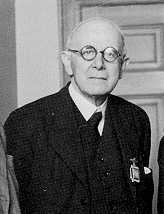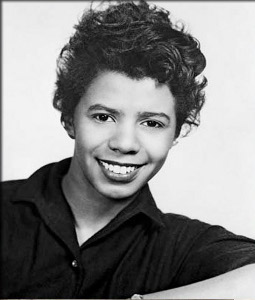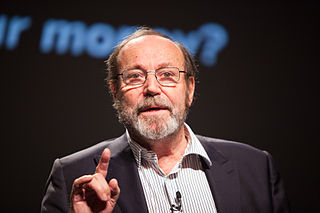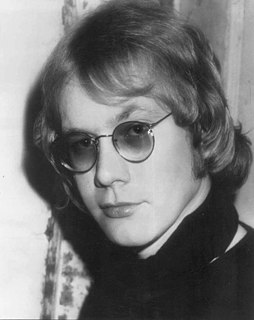A Quote by G. Edward Griffin
When banks place credits into your account, they are merely pretending to lend you money. In reality, they have nothing to lend. Even the money that non-indebted depositors have placed with them was originally created out of nothing in response to someone else's loan. So what entitles the banks to collect rent on nothing? It is immaterial that men everywhere are forced by law to accept these nothing certificates in exchange for real goods and services. We are talking here not about what is legal, but what is moral.
Quote Topics
Related Quotes
If two parties, instead of being a bank and an individual, were an individual and an individual, they could not inflate the circulating medium by a loan transaction, for the simple reason that the lender could not lend what he didn't have, as banks can do. Only commercial banks and trust companies can lend money that they manufacture by lending it.
And what did the banks do to earn this perpetually flowing river of wealth? Did they lend out their own capital obtained through investment of stockholders? Did they lend out the hard-earned savings of their depositors? No, neither of these were their major source of income. They simply waved the magic wand called fiat money.
When the banks create the money, they don't create the interest. They send you into the world to compete with everybody else to get the second $100,000 that never was created and bring it back to them. So if we're in a world with zero-growth population, goods, services, and money, the problem would be obvious.
What do the 5%, or the 1% actually use their money for? They lend it back to the economy at large, they load it down with debt. They make their money by lending to the bottom 95%, or the bottom 99%. When you give them more after-tax income, it enables them to buy even more control of government, even more control of election campaigns. They're not going to spend this money back into the goods-and-services economy.
People have to pay so much money to the banks that they don't have enough money to buy the goods and services they produce. So there's not much new investment, there's not new employment (except minimum-wage "service" jobs), markets are shrinking, and people are defaulting. So many companies can't pay their banks.
What we're talking about is the price of goods, all goods, in terms of money. That has nothing to do with unemployment, except for the fact that you get fewer goods. And when you have more money and fewer goods, the amount of dollars per good goes up. It goes up because there are fewer goods and it goes up because there is more money.
































